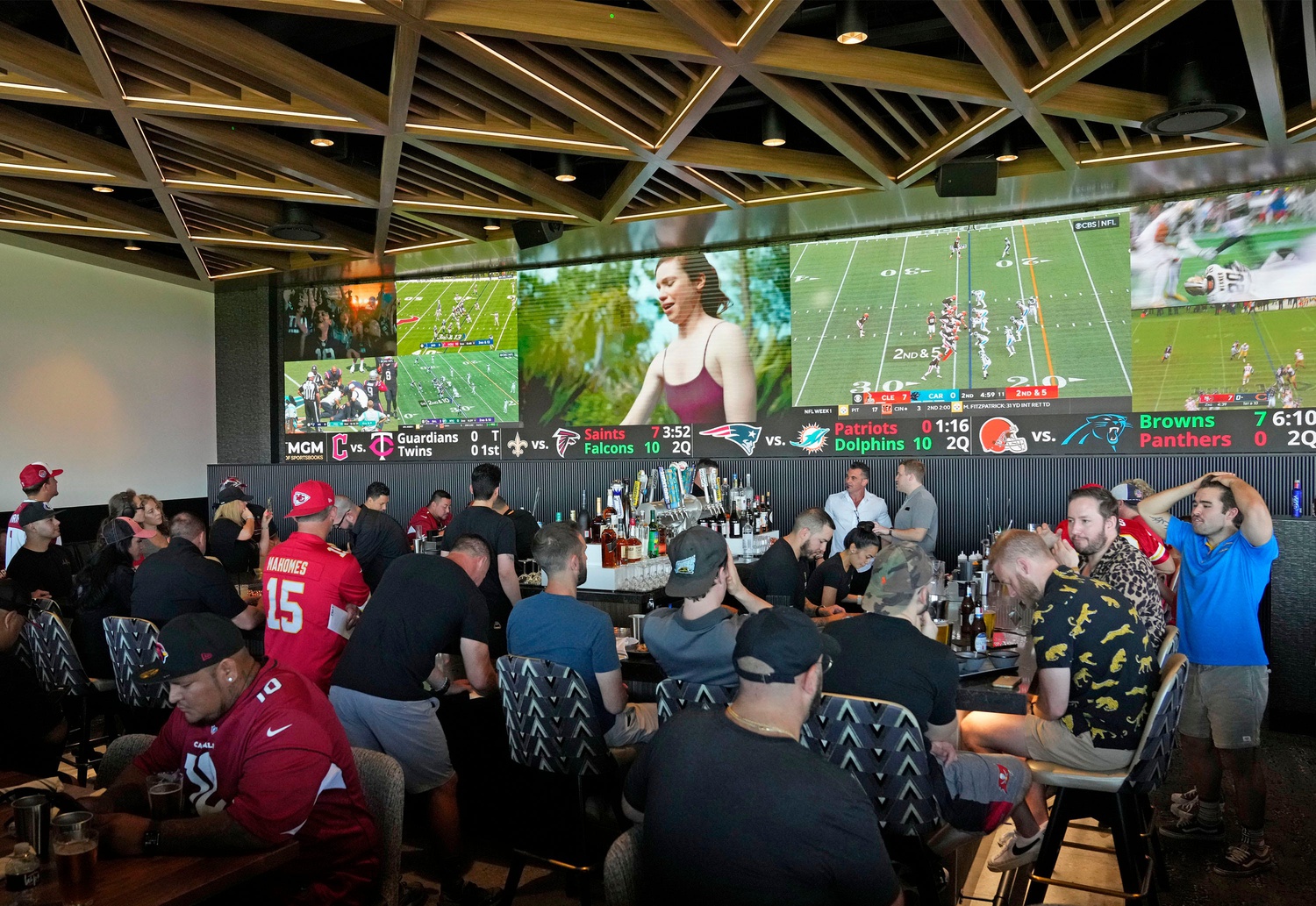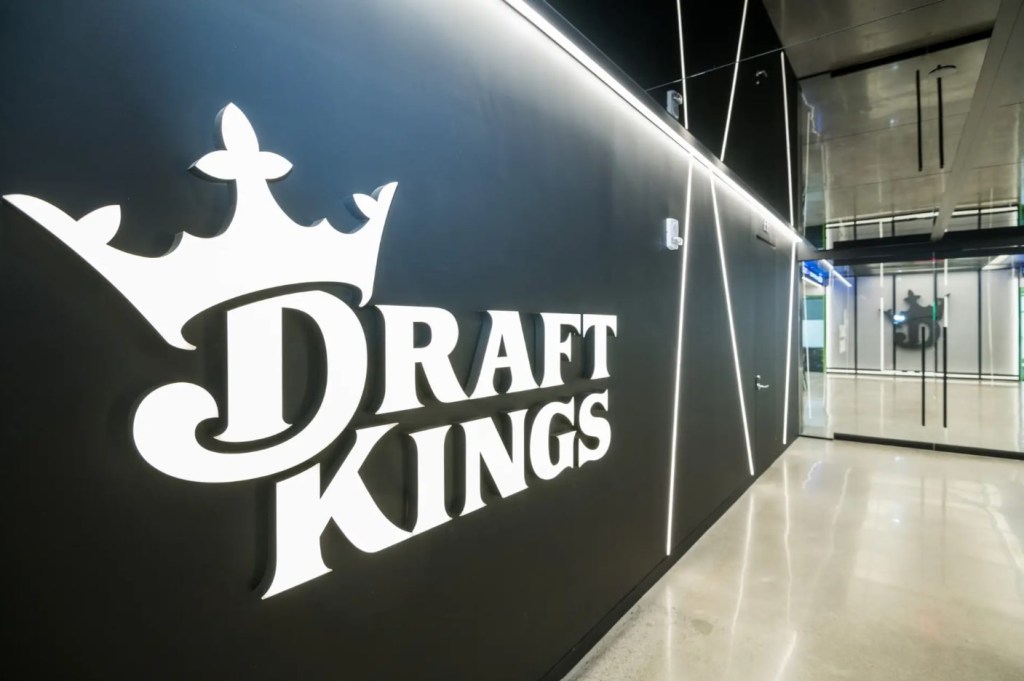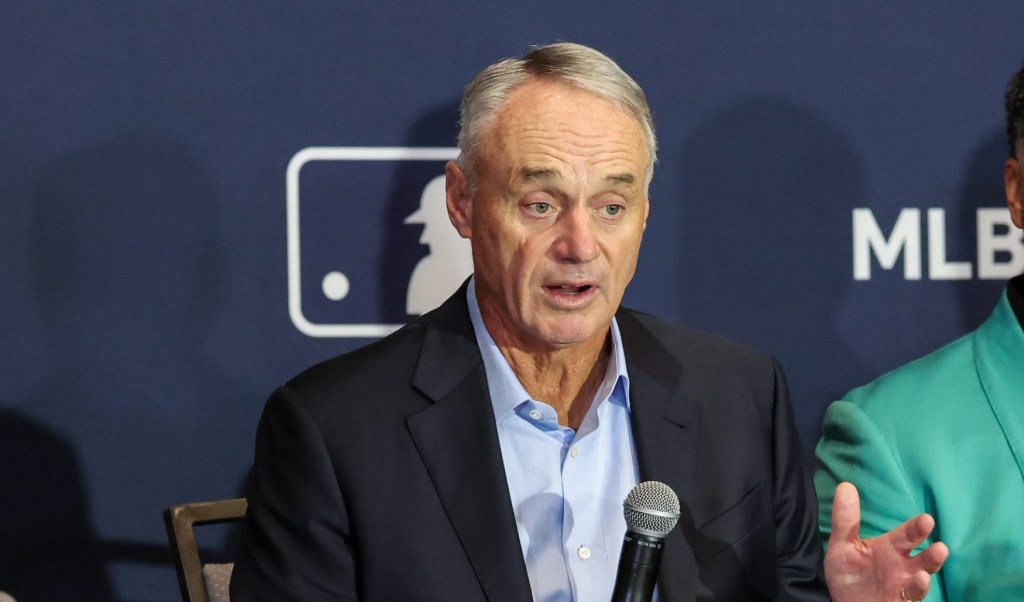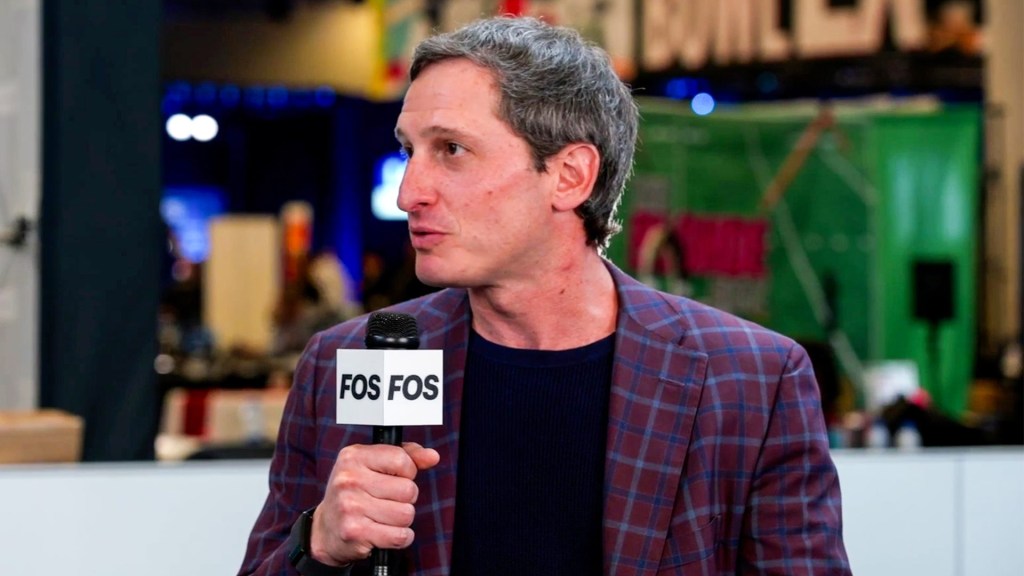Kalshi just took a major legal hit in Nevada. A federal judge cleared the way for the state’s gaming regulator to enforce its cease-and-desist order over the prediction-markets platform’s sports event contracts.
The 29-page decision from U.S. District Judge Andrew P. Gordon, issued Monday, comes almost eight months after Judge Gordon ruled in the opposite direction in April, albeit on a preliminary basis. Then, the judge ruled that the Nevada Gaming Control Board could not block Kalshi from offering sports event contracts while the case played out.
Now, following a Nov. 14 hearing at which Judge Gordon sounded suspect of maintaining that decision, he has determined that the facts have changed, and so has his opinion.
“Kalshi relies on a strained reading of the already convoluted Commodities Exchange Act (CEA) in an attempt to evade state regulation,” the judge wrote. “Kalshi’s interpretation would require all sports betting across the country to come within the jurisdiction of the CFTC rather than the states and Indian tribes. That interpretation upsets decades of federalism regarding gaming regulation, is contrary to Congress’ intent behind the CEA, and cannot be sustained.”
This is one of many cases playing out across the country. Kalshi is involved in a number of them, but other prediction-markets players are fighting legal battles as well, including Robinhood and Crypto.com. Last month, Judge Gordon ruled in favor of the Nevada regulator in a separate case from Crypto.com, saying he would not prohibit the regulator from taking action, for now. No major rulings have been made yet in a similar case brought by Robinhood, which was filed in August.
The legal battle centers on whether there is any distinction between traditional sports betting and sports event contracts. Traditional sports betting is regulated on a state-by-state basis in the U.S., while prediction-markets platforms like Kalshi have been offering sports event contracts in all 50 states. Currently, 38 states and Washington, D.C., allow some form of online betting (Missouri is set to become the 39th state on Dec. 1).
The judge admitted this is a “novel and evolving area of the law,” and says his opinion has changed as “new arguments, facts, and law develop.”
A Kalshi spokesperson said in a statement “we respectfully disagree with this decision. As other courts have recognized, Kalshi is a regulated, nationwide exchange for real-world events, and it is subject to exclusive federal jurisdiction. It’s very different from what state-regulated sportsbooks and casinos offer their customers. We look forward to the opportunity to present our case to the Ninth Circuit.”
Kalshi has since formally appealed.
A representative for the Nevada Gaming Commission did not immediately respond to a request for comment, but the regulator said late Tuesday it will not hesitate to take enforcement action against Kalshi and other companies that continue to offer what it regards as unlawful sports betting in the state.
In addition to Nevada, Kalshi and others have been hit with cease-and-desists from regulators in at least six other states: Maryland, New Jersey, Ohio, Montana, Arizona, and Illinois. Kalshi has sued the regulators in Nevada, New Jersey, and Maryland. It also faces lawsuits from the Massachusetts Attorney General and Native American tribes in California and Wisconsin.
Nevada’s gaming regulator has been particularly aggressive in its stance against prediction markets. It warned sports betting operators last month that it considers sports-prediction markets to be illegal gambling, and it threatened to take action if companies offer sports event contracts without approval. That caused FanDuel and DraftKings, both of which are planning to launch prediction-markets platforms soon, to withdraw their applications in the state.
Despite the legal challenges, the rise of prediction markets is causing chaos in the sports betting world and cannot be denied. In addition to DraftKings and FanDuel, Polymarket is preparing a full U.S. relaunch after being barred from operating in the country under an agreement with the Joe Biden–era CFTC, armed with up to $2 billion from the parent of the New York Stock Exchange.
Other players include PrizePicks, Underdog, Novig, and President Donald Trump’s Truth Social platform. Fanatics is also plotting a prediction-markets platform, and Coinbase is reportedly working on a prediction-markets platform that will be powered by Kalshi.
















